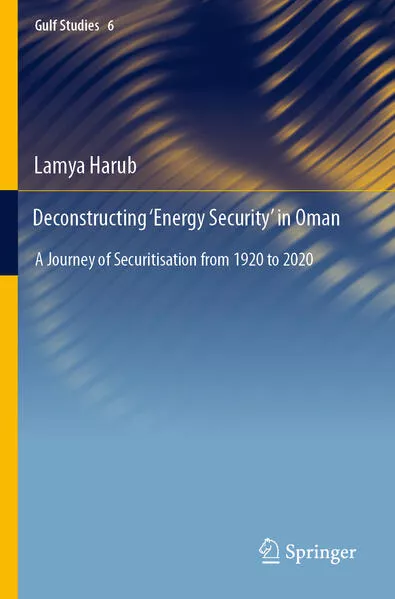
- Publikationen ca: 3
- Fragen & Antworten
Lamya Harub
Lamya Harub currently works as a project manager in OQ, an Omani integrated energy company. She is widely experienced in policy development, political economy and energy security. Her interest lies in sustainability, energy efficiency and decarbonisation. Lamya was previously an Omani diplomat (First Secretary) for ten years, serving in the Foreign Ministry, where she worked directly with the Secretary General on diplomatic, political, and economic issues. During her final year in the Foreign Office, she contributed to the country’s national framework on the peaceful use of nuclear technologies. Academically, Lamya has a PhD in Political Economy from the Department of War Studies at King’s College London. During her doctoral studies, she was a Research Associate with the European Centre for Resource and Energy Security. She also obtained a Masters (Hons) in Middle Eastern and Asian Language and Culture, where she focused on political philosophy, at Columbia University, New York.
Deconstructing ‘Energy Security’ in Oman
This book makes a substantial and timely contribution to discussions on energy security in Oman, providing a systematic analysis of energy security in Oman from 1920 to 2020. It is particularly relevant in light of the recent global geopolitics of the Gulf particularly, and the Middle Eastern region broadly, as well as connecting to current climate change research and debates.
Deconstructing ‘Energy Security’ in Oman
This book makes a substantial and timely contribution to discussions on energy security in Oman, providing a systematic analysis of energy security in Oman from 1920 to 2020. It is particularly relevant in light of the recent global geopolitics of the Gulf particularly, and the Middle Eastern region broadly, as well as connecting to current climate change research and debates.
Deconstructing ‘Energy Security’ in Oman
This book makes a substantial and timely contribution to discussions on energy security in Oman, providing a systematic analysis of energy security in Oman from 1920 to 2020. It is particularly relevant in light of the recent global geopolitics of the Gulf particularly, and the Middle Eastern region broadly, as well as connecting to current climate change research and debates.


